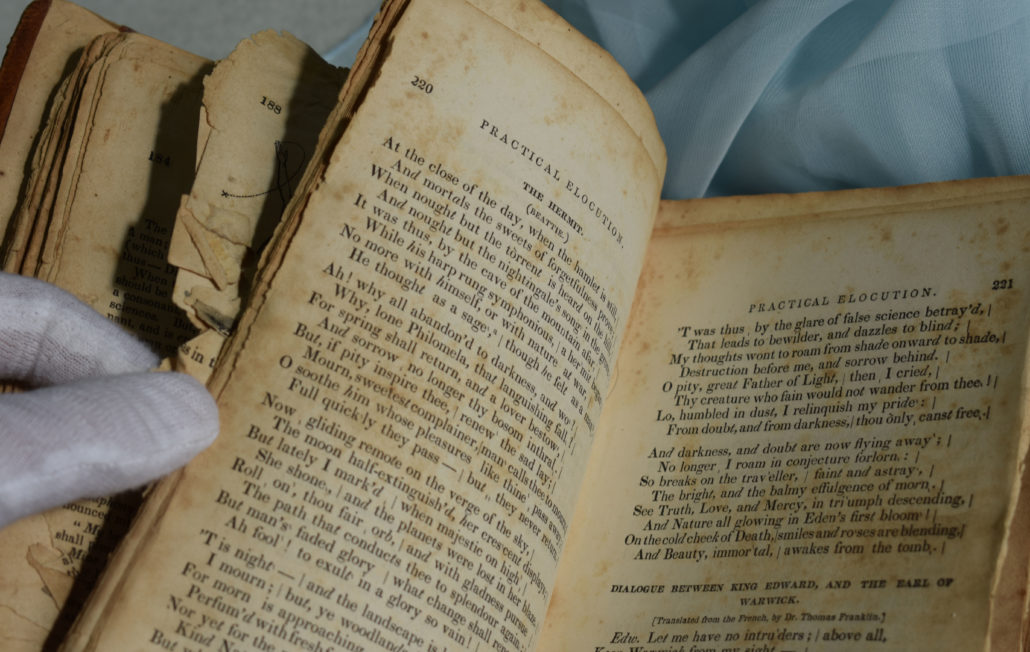
Digitization of Pamphlets
Items to Preserve
Pamphlets
Do you have a collection of historical pamphlets you’d like to preserve digitally? Ever since the printing press was developed, pamphlets have been an easy, effective way to distribute news, information, and agendas.
Pamphlets tell a lot about the era in which they were printed. The text, illustrations, and context are important for the study of that time period and the organization for which they were created, which is why Anderson Archival is committed to the accurate digitization of pamphlets.

Anderson Archival’s team can simply scan the documents so you have digital copies, or we can pass each original through our entire digitization process. Anderson Archival specializes in detailed accuracy, including word-for-word proofing of the document to ensure it’s true to the original.

Preserving Historical Pamphlets
In the full digitization process, archivists first scan the document to create high-quality images. Then, the images are digitally cleaned (if needed or by request), optically recognized (OCRd), and organized into a digital library.
This digitization process is helpful on multiple levels. Upon its completion, you will have a database of searchable content. That content can then be shared or secured, and should disaster strike your physical collection, the digital backups will be safe. We can even create a website for optimal viewing and sharing with the world.




